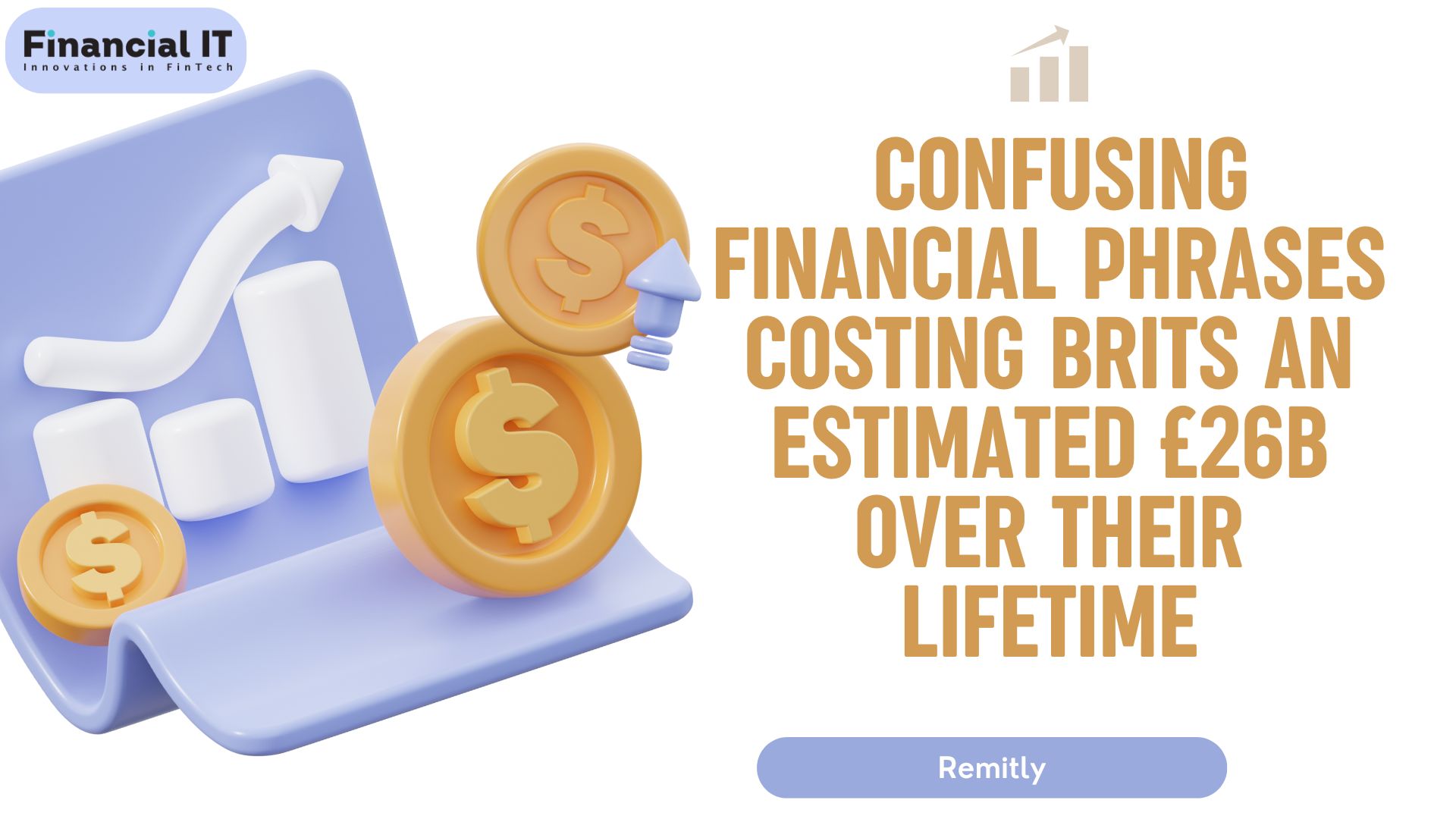Gold Soars – Should You Add It To Your Pension?...
- 29.01.2026 12:45 pm
One in Five Small Businesses Would Have Turned to...
- 27.01.2026 09:45 am
FreeAgent and Fathom Team Up to Improve Financial...
- 22.01.2026 10:45 am
Shared Expenses in the UK Hit £1.16 Billion as Social...
- 22.01.2026 10:15 am
Lloyds Banking Group Launches AI Academy for 100...
- 20.01.2026 09:05 am
Saga Money Launches Competitive Easy Access Savings...
- 13.01.2026 09:15 am
Nationwide Launches New ‘Call Checker’ as Brits Lose...
- 12.01.2026 09:45 am
PensionBee Urges Action To Close the Growing Gap...
- 09.01.2026 11:15 am
Pension-Tracing Solution Raindrop Reunited UK Savers...
- 08.01.2026 02:35 pm
Starling Bank Reveals the Simple Money Habit Shared By...
- 07.01.2026 09:25 am
Checkout.com Data Release: Last-Minute Shoppers And...
- 07.01.2026 08:35 am
Cash Usage Rises For Fourth Year As Brits Continue To...
- 06.01.2026 11:45 am






















